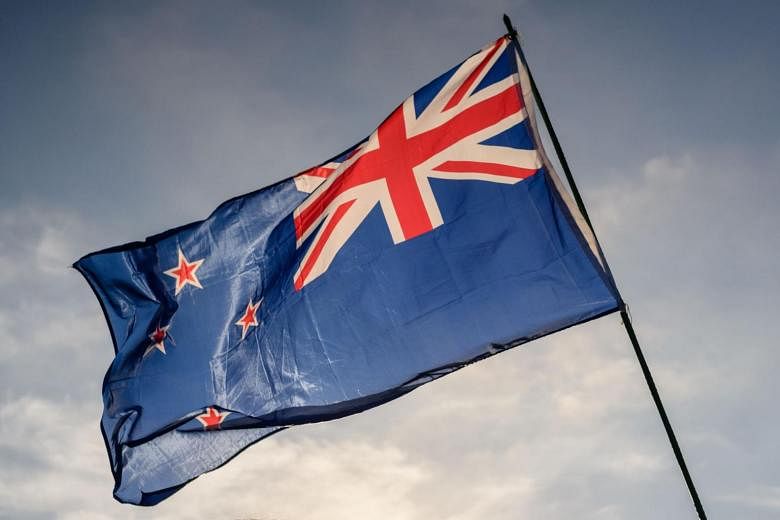WELLINGTON (REUTERS) - New Zealand's Court of Appeal on Tuesday (June 11) ordered the government to reassess its decision to extradite a man to China to face murder charges due to human rights risks.
In New Zealand's first extradition case involving the Asian giant, Justice Minister Andrew Little will have to reconsider the extradition of New Zealand resident Kyung Yup Kim, unless the government appeals to the country's highest court.
A former justice minister twice ordered South Korean-born Kim extradited to China, but his lawyer asked the courts to review those decisions because of concern he might not receive a fair trial or be protected from ill-treatment in the Chinese justice system.
Appeal Court Judge Helen Winkelmann said China's criminal justice system was different from New Zealand, and it is a country in which, it is reliably reported, torture remains widespread.
"New Zealand has obligations under international law to refuse to return a person to a jurisdiction in which they will be at substantial risk of torture, or where they will not receive a fair trial," Ms Winkelmann said in a written judgment.
The office of New Zealand's justice minister, the Chinese embassy in Wellington and China's Foreign Ministry did not immediately respond to request for comment.
New Zealand first agreed in 2015 to extradite Kim to Shanghai after the body of a 20-year-old woman, who had been strangled, was found in a Shanghai field in 2009. Kim has denied the murder accusation, according to court documents.
Kim's lawyer Tony Ellis told Reuters by telephone that it was a "happy day" for his client who is being electronically monitored while on bail in Auckland.
"It is a judgment that has profound human rights importance that will resonate throughout the common law world," he said.
China's first extradition request to New Zealand comes as it is trying to drum up international support for returning corruption suspects who have gone abroad and as protests rock Hong Kong over its legislature's plan to amend laws allowing suspects to be extradited to mainland China.
Many Western countries have been reluctant to sign extradition treaties with China, pointing to its poor rights record and opaque criminal prosecution process.

